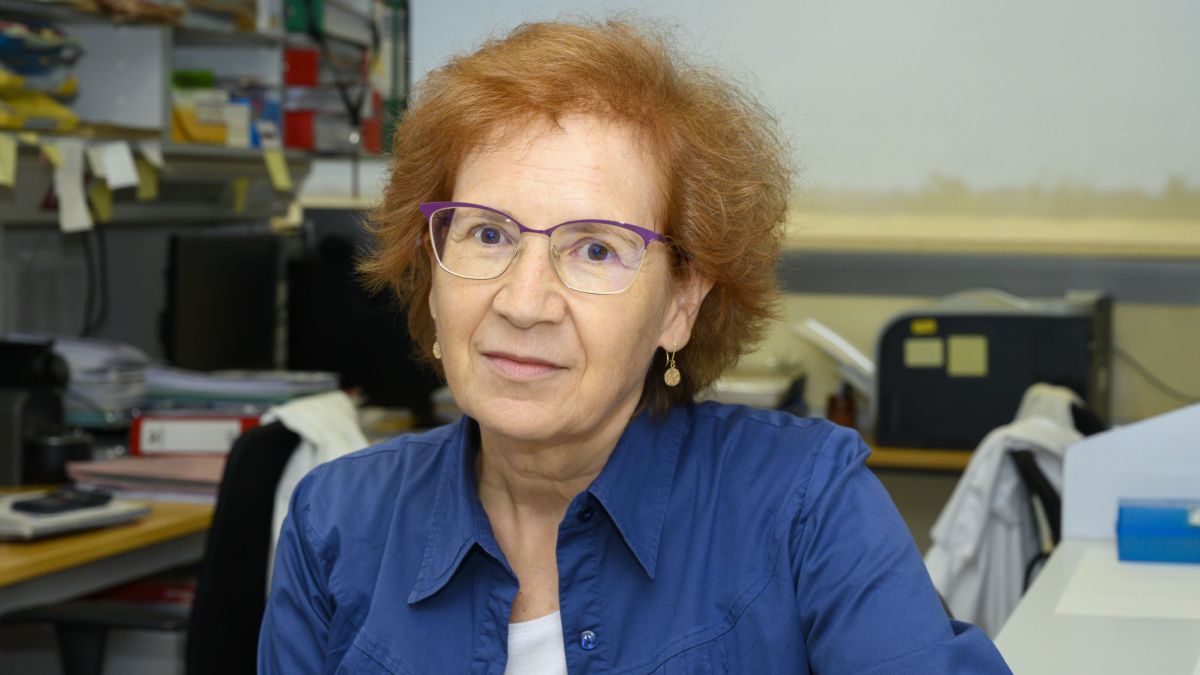Margarita del Val, virologist at the Higher Center for Scientific Research (CSIC), is one of the greatest experts in Spain when it comes to talking about the coronavirus.
Regarding this pathogen, she highlighted that “We have been lucky because it is vaccinable”, but she issued a warning: “We have a lot to learn, leave a legacy of knowledge and be well prepared for the future because the next pandemics will not be because of such easy bugs.”
The researcher participated in the round table ‘Science in feminine’ organized by the University of Alicante.
During her speech, she pointed out the importance of developing more than one cure: “It is a wonder that many vaccines have been achieved because it is a note of great hope that this pandemic will end up controlling it.”
Learn the lesson
In addition, Del Val emphasized the need to learn the lesson from what happened in the coronavirus pandemic: “We have to leave with a feeling that we have not done everything well, but know that we have done well, learn it and leave a legacy to apply it in the future.”
In that sense, she explained that civil Engineering has to learn to build buildings and homes “more prepared for viruses, bacteria and diseases that are transmitted through the respiratory tract, so as to ensure a better ventilation and in a simpler way without us all freezing.”
Closed spaces
The expert insisted that the risk is ten times higher in closed premises: “As a scientific mechanism it is proven.” Thus, pointed out as a possible alternative situation to open the terraces of the establishments, but always controlling the ventilation and CO2 concentration levels.
Solidarity with vaccines
About the efficacy of vaccines according to sex, Del Val stressed that it does not vary despite the fact that the pathogen is 70% more serious in men than in women. She also stressed the need to be in solidarity with other nations in relation to remedies: “It is important about vaccines that not all the richest countries keep them, but they must be shared with the least developed countries.”

